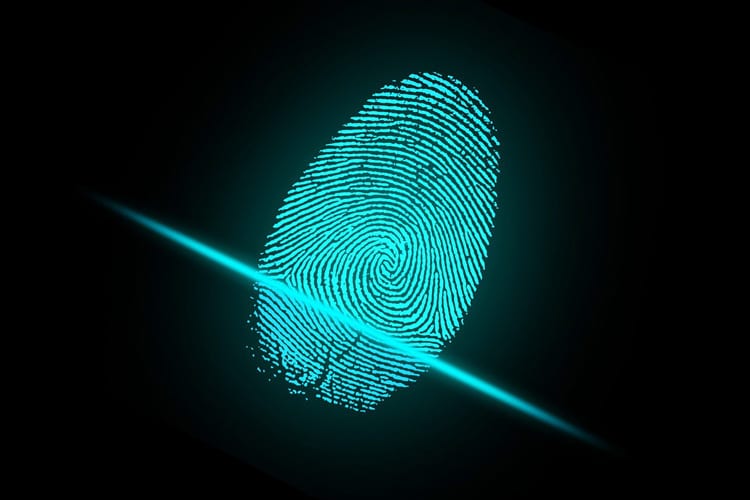Having a criminal report even after being proven innocent can be a smear on your name. Find out what you can do to get a criminal record expunged.
One-third of Americans have a criminal record.
In fact, so many Americans have criminal records that as many people have criminal records as have college diplomas. Having a criminal record can make this more difficult for you, such as getting a job or renting an apartment.
So how do you get an expunged record so that it’s no longer on file?
Even if you’ve never had charges pressed against you, you should still check to ensure you don’t have a criminal record. Any time you are arrested, the system creates a record against you, even if you aren’t guilty or the case was thrown out.
In this article, we’ll go over how you can get your record expunged.
Don’t Assume Your Record Was Automatically Expunged
If you were arrested and faced a court, you have a criminal record. This is true even if the judge threw out the case, dropped the charges, or overturned your conviction. For some folks, all the process is that they’re a free man or woman. And while that’s the case at the moment, there is still a record on file that anyone can access.
This could affect several aspects of your life, as you’ll technically be counted as a criminal. Whether this is fair or not is something the powers that be will have to decide at a later date. But it doesn’t mean that your legal woes stop the moment you leave the courtroom.
Mass Expunged Record Laws
In some cases, such as Tennessee, the government has decided to expunge the records of individuals who were accused of a crime, but never convicted. This mass expunging wiped out the cases of several thousand people.
While that’s fabulous, you can’t assume that your case was wiped off the record books. You’ll need to go down to the courthouse yourself to ensure you don’t have anything that needs attending to. Your case may have not fallen under the categories for wiping it off the books, so you’ll need to manually check for yourself.
What Does Expunging Mean?
Having a record expunged doesn’t mean that there is no record of the crime you may have committed. It also doesn’t mean there’s no record of your committing a crime. Instead, it will depend on where you live and the specific state laws there.
In some states, having a record expunged means that it will be wiped out of the system forever. No one will be able to look up the offense, and it will be as though it never occurred.
In other states, this isn’t the case. In California, for example, you can always see expunged records, even if the person was not found guilty. The record will indicate that the state threw out the case or that it resulted in a dismissal. But it won’t mean no one can ever find out about it again.
If you do have a conviction that you try to get expunged, it can remain on your record for certain offenses. This is most often the case for immigration issues or issues pertaining to that of a sexual nature.
However, for all intents and purposes, having your record expunged does mean that you can legally answer that you do not have a criminal record. This is, of course, if your crime does not fall into the category of one that cannot ever be expunged.
Your record won’t be available for anyone to do a background search on either. Read more now for information on searching criminal and public records.
Discuss Your Case with Your Attorney
There are some instances where your attorney may have negotiated a deal during your case to have this instance expunged. If this is the case, there will be no cause for further action on your part.
Talk to your attorney and see if this was the case for you.
Find Out If You’re Eligible
As previously mentioned, not everyone is eligible to have their record expunged. Most states will have the information necessary as to who qualifies for getting their records expunged on their state courthouse website.
If anything is unclear or confusing to you, speak to your attorney or go to your local courthouse in person. Someone there can likely speak to you about your case and the next steps.
Filing a Petition
In most states, you’ll have to file a petition at the courthouse to have your record expunged. This might involve paying a nominal fee.
Sometimes, this is all you’re need to do to have your record expunged. In other states, you will also have to attend a hearing. A judge will listen to you and decide whether you qualify to have your record expunged.
If You’ve Moved
If you’ve moved, you may have to return to the location where the crime was committed in order to have your record expunged. Some states require this and will not allow you to expunge your record at an alternative location. While this may be burdensome, it is likely better than having a criminal record follow you for life.
Other Ways to Clear Your Name
There are several other ways to qualify for having your name “restored” apart from having your record expunged. For instance, in some states, a Certificate of Innocence means more than having an expunged record.
Other states will allow you to seal your record, meaning that while the convictions still exist, no one can access it. This means the conviction or charge won’t be shown if someone decides to look you up and see if you have criminal charges.
For information on some of the best lawyers in Arizona, click here.




